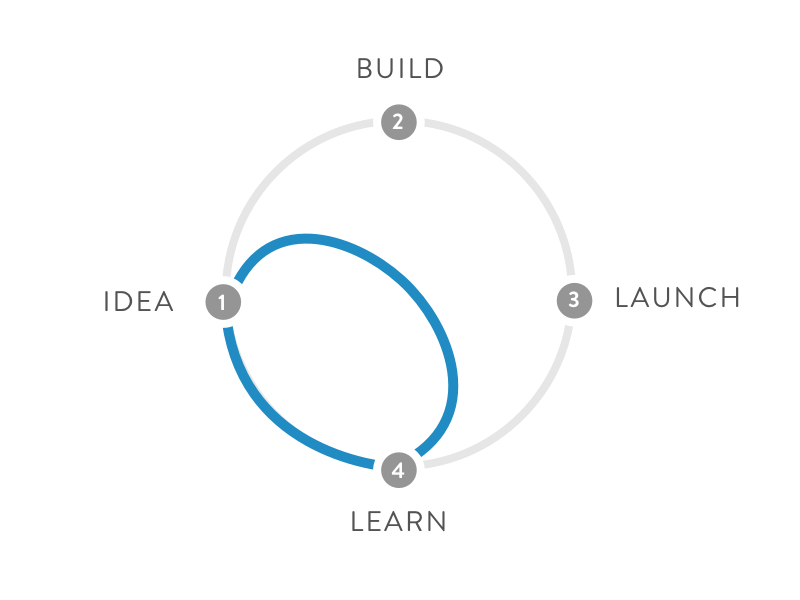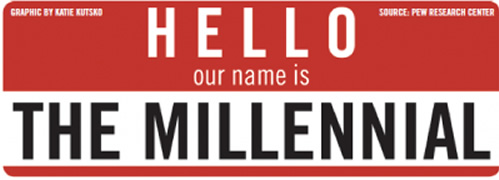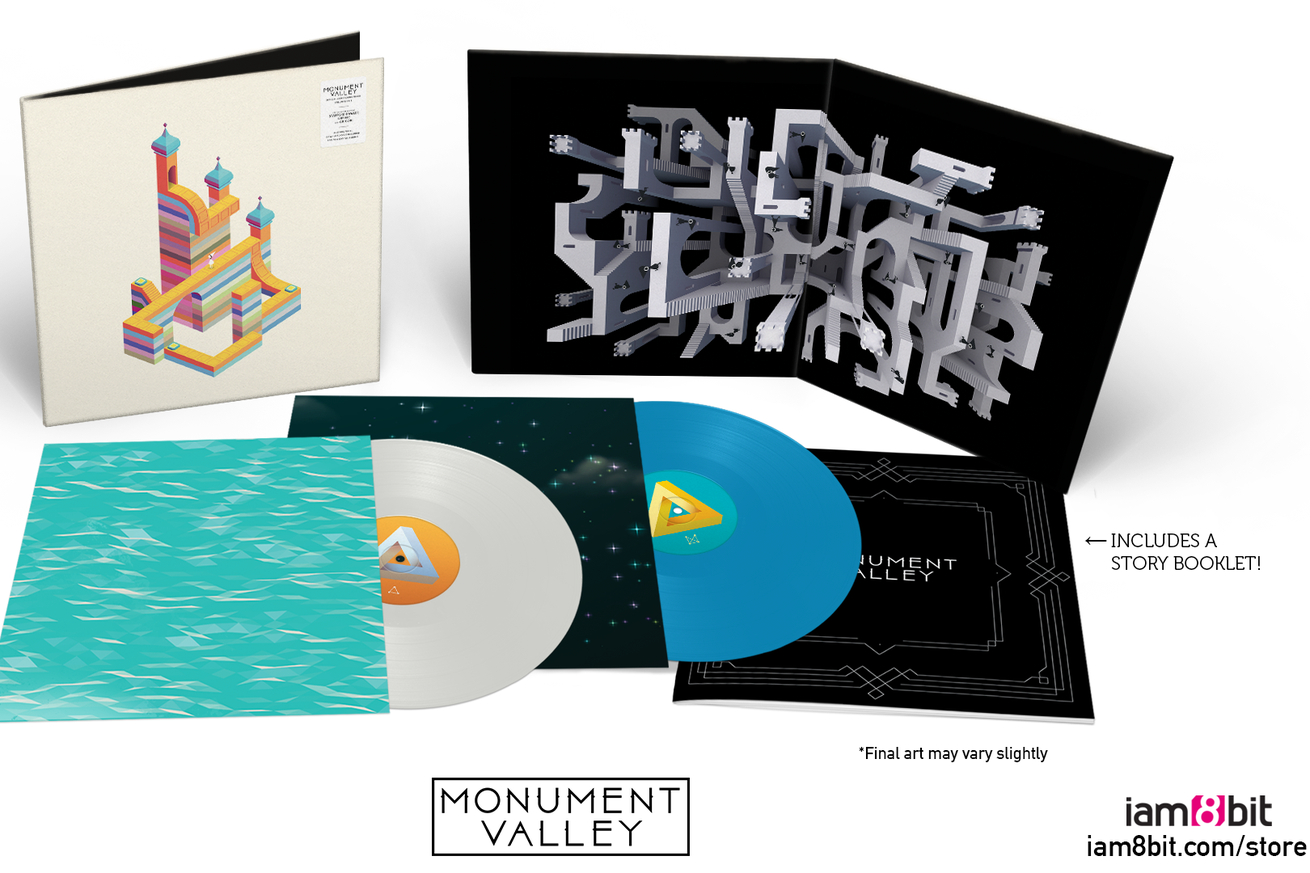#PrinceRIP I drew this tribute tonight. The world will miss you. pic.twitter.com/igaGk3kRrA
— Fabulizz (@fabulizz) April 22, 2016
Niagara Falls turned purple on the day Prince died: https://t.co/CIqWfG1oU0 pic.twitter.com/zrwXvp7WpG
— Travel + Leisure (@TravelLeisure) April 24, 2016
Faster than a speeding bullet: all the ideas that came in summed up in a simple and elegant cover by Bob Staake. pic.twitter.com/gNtnBC7Grg
— Françoise Mouly (@FrancoiseMouly) April 21, 2016
💜 #RIPPrince pic.twitter.com/OVNAOBonD6
— Guthrie Theater (@GuthrieTheater) April 22, 2016
The Guardian
Prince: memories of U
Cultural commentators and artists who grew up with Prince’s music explain what he meant to them and what made him unique.
So this happened today in New Orleans during a Jazz festival #RIPPrince pic.twitter.com/cxQ3VXR5cD
— Hasa (@Hasa81) April 24, 2016
Spontaneous acts of love cropping up everywhere #RIPPrince thank u @AdamSaltzman 4 sending me this #PurpletRain pic.twitter.com/FFYeEuKmYs
— Martha Quinn (@MarthaQuinn) April 22, 2016





